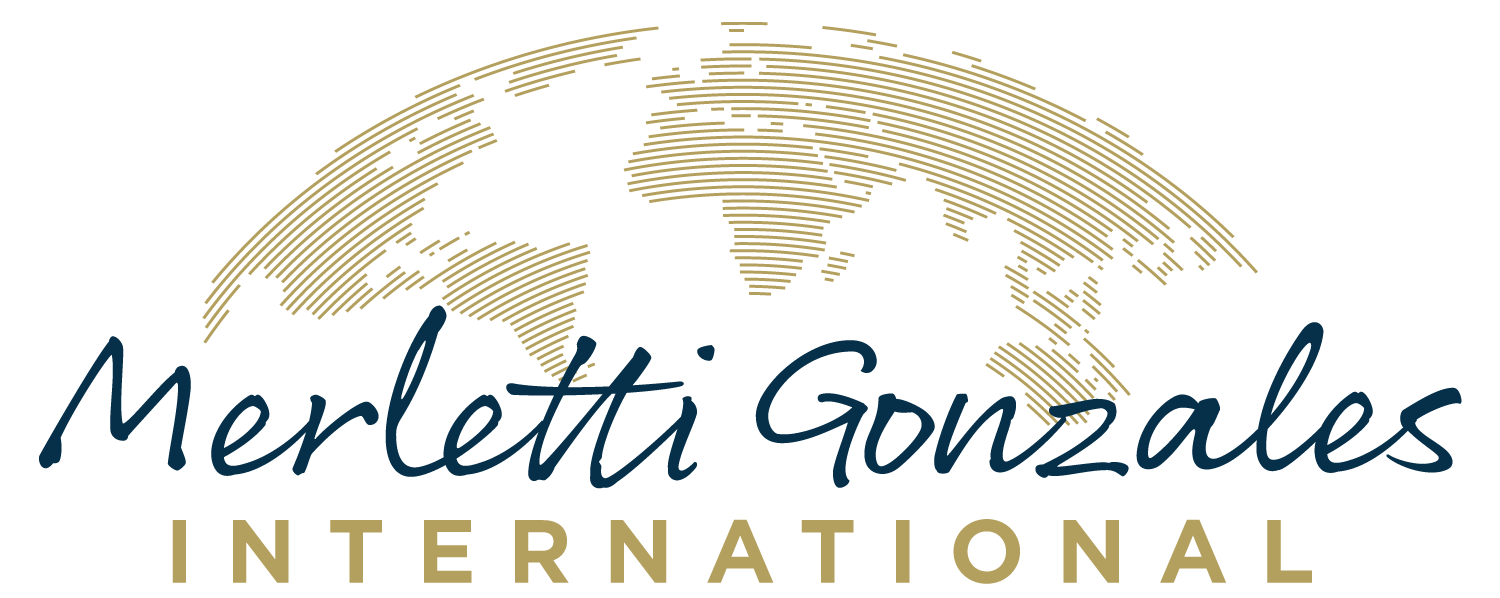
Crisis Management
-
You Do Not Teach Navigation in a Storm
Leadership is often viewed most acutely by the management of crisis situations. This is true for governments, communities and corporations alike. Crisis leadership, plans, procedures and forethought into potential crises is imperative in today’s rapidly changing environment.
Crisis management refers to the execution of a plan in the event an organization experiences a significant and sudden negative event. Crises can occur due to an unpredictable occurrence, or in the aftermath of a risky event that ended with unforeseen consequences. No matter the cause, it is essential that a Crisis Management Team be established and prepared to act in the midst of crisis.
A well trained crisis management team will limit damages incurred to the integrity of the organization, and allows for business continuity in the aftermath of an otherwise devastating event. The multi-layered process of preparing for a potentially tragic event is difficult for any one organization to develop on their own. Merletti Gonzales provides our clients with the peace of mind that accompanies being prepared for worst-case scenarios.
Our team will assist you in identifying potential risks and train for ideal responses for any scenario. MG will provide comprehensive, personalized plans to fit each client’s needs and conduct the training and scenario-based exercises needed for a successful outcome. This includes establishing roles and responsibilities within your team, setting up effective lines of communication, response options and liaison with first responders and community officials. What follows are the three steps to our Crisis Management services:
Assessment
A Comprehensive assessment will be completed identifying all risks and vulnerabilities based on our methodology and how to appropriately reduce the severity of a crisis.
Plan Development
Draft a comprehensive crisis management plan that emcompasses how to effectively respond to a crisis from the onset of the response, coordination with first responders, managing all aspects of the incident, to recovery and lessons learned.
Continued Training and Review
The Crisis Management Plan should be considered a living document; therefore, it must be reviewed regularly. Routine training must be carried out to include table top and practical exercises with participation from first responders.
